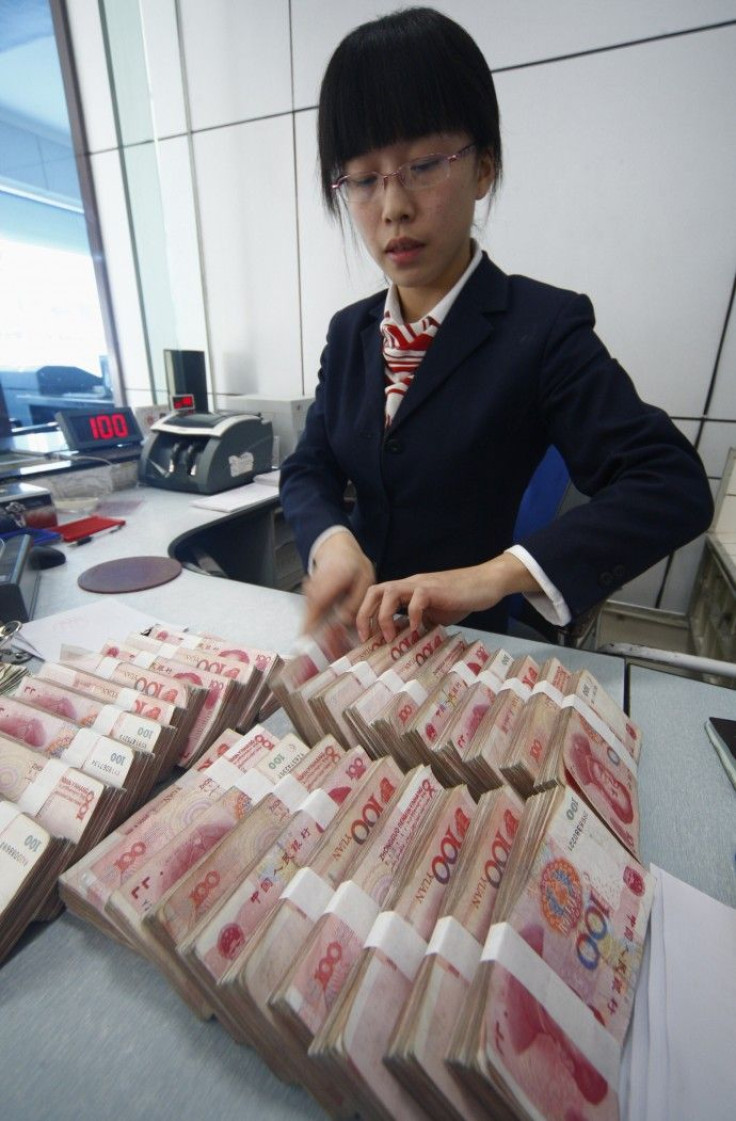China MBA programs abuzz with international students

With the obvious shift in global economic power dynamics, China - the world's second largest economy and the primary player leading the global recovery from recession - is also turning out to be one of the most popular MBA destinations among international students, according to a very recent report by Bloomberg Businessweek magazine.
The special report draws attention to the stiff competition that western schools face today from Chinese counterparts such as the China Europe International Business School (better known as CEIBS), Fudan University, Tsinghua University and several others, when it comes to attracting top international talent.
Businessweek identifies seven schools and programs that are leading the B-school boom in the country. These are CEIBS, Tsinghua University, Guanghua School of Management, Antai College of Economics and Management, the Beijing International MBA at Peking University, Fudan University and the Cheung Kong Graduate School of Business.
Programs offered by these schools span a period ranging between 18 and 24 months, and typically draw participants with significant work experience of 5-7 years. The international student component in most of these programs lies somewhere between 30 to 40%. But, perhaps, more importantly, internationalization is evident not only in the student ratio, but also in strong international faculty (both visiting and internationally educated Chinese faculty members) and close partnerships/linkages with Western schools, the most notable among them being Wharton and Sloan.
As the epicenter of global business moves increasingly eastward, more and more aspirants realize the inevitability of direct or indirect business dealings in China during the course of their business careers. Given that China's business culture is distinctly removed from that in the West, many international B-school applicants are giving up seats in premier schools in the US or UK to immerse themselves in the Chinese B-school experience that increasingly combines the best of both worlds. Many of them even stay back in Mainland China to explore opportunities there. The CEIBS Career Report for the Class of 2010 points out that 50% of international students in the class has opted for opportunities in the country.
Interestingly, while most international students have traditionally chosen placements in Finance and Consulting in multinationals, a small but growing proportion is now also considering the manufacturing- oriented Chinese domestic industry as a post-MBA destination. In fact some of the leading programs, such as those from Antai and Fudan University have an inherently strong focus on manufacturing, supply chain logistics and heavy industry. While Chinese domestic firms have not traditionally been able to offer packages attractive enough to retain top MBA graduates, that is also a trend that could witness a shift in times to come, points out Lydia Price, Associate Dean at CEIBS.
© Copyright IBTimes 2024. All rights reserved.











